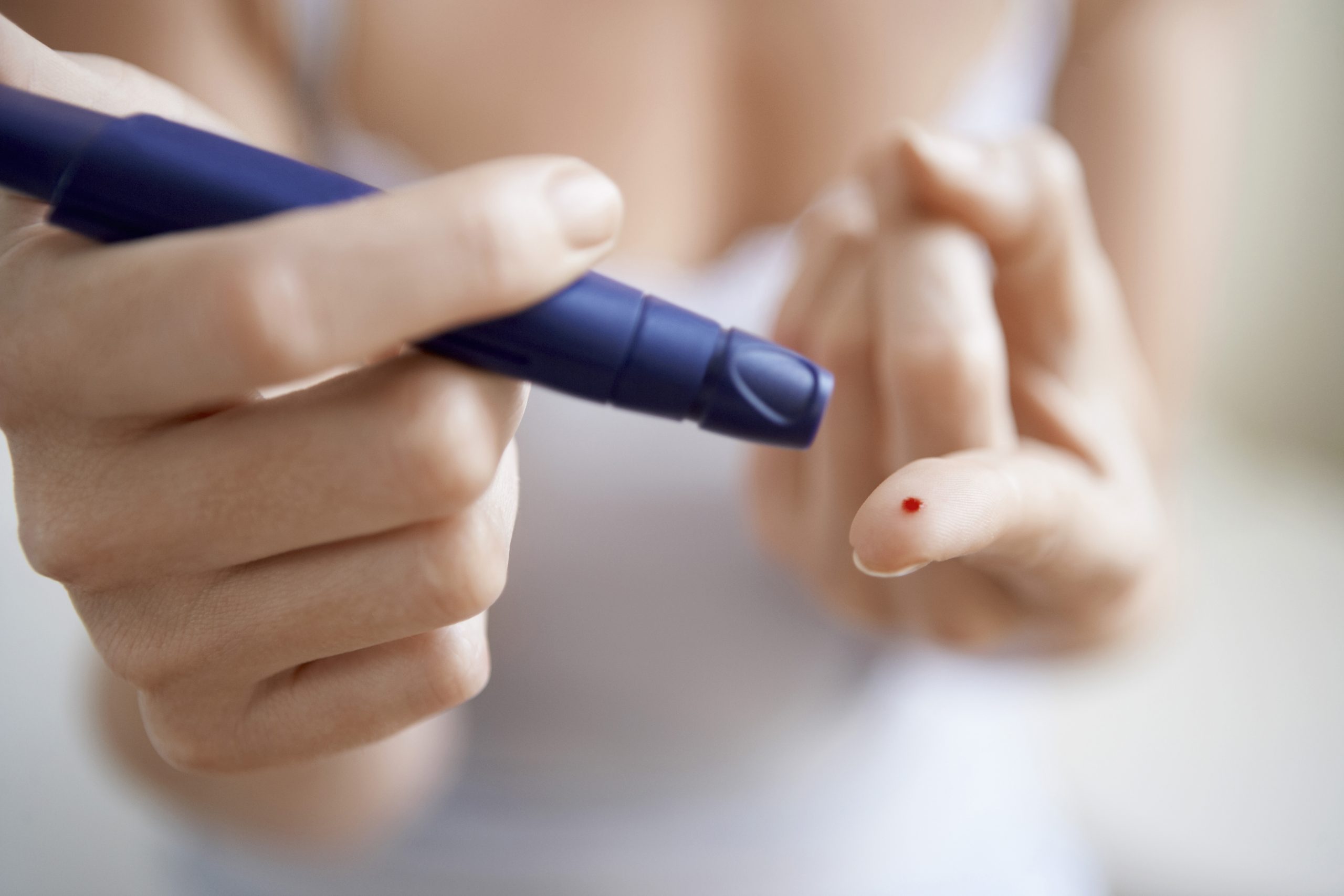Diabetes and You: Screening, COVID-19 Tips and More

November is Diabetes Awareness Month in Canada. You may be surprised to learn that one in three Canadians has either diabetes or prediabetes. That’s 11 million people, including 1.5 million who have type 2 diabetes and don’t know it. Diabetes is also a major health issue around the globe, affecting more than 450 million people. November 14 is World Diabetes Day.
(It’s also the birthday of Sir Frederick Banting, the Canadian scientist who, along with Charles Best, co-discovered insulin – the hormone key to regulating blood sugar levels – in 1922, significantly extending the lives of people with diabetes.)
In honour of World Diabetes Day, we asked Josie Luongo-Angelini, Pharmacy Manager of Diabetes Express Pharmacy at Bayshore Specialty Rx, to talk about her work, COVID-related tips and more. Josie is a Certified Diabetes Educator, as well as a Certified Respiratory Educator and Certified Geriatric Pharmacist.
Q: Can you tell us about Diabetes Express?
A: We’re a direct-to-home pharmacy that delivers diabetes supplies to customers across Canada. I’d say 99% of our clients have diabetes, mostly type 1. We also provide pharmacy services to the general public, usually family members of existing clients. We provide patient counselling on prescriptions, including training for the medical devices we sell. We’re located in Markham, Ontario, but we’re closed to visitors during the pandemic.
Q: How else has your work changed due to COVID-19?
A: Half of our team currently works from home, both to ensure proper physical distancing in our workplace and so that if someone becomes ill, we have healthy employees who can fill in. This arrangement is very different for us, but it’s working well. No services have been interrupted, and everything is secure and confidential. We’ve also done a pilot project with Bayshore, providing free video chat consultations using the company’s virtual platform, MyBayshoreCare. So far we’ve demonstrated how to use a glucose monitoring system. We plan to offer more virtual demos and possibly medication reviews in the future. It’s especially helpful for people who have trouble accessing in-person care, such as patients living in remote areas.
Q: Do you have plans for World Diabetes Day?
A: What I’d like to do, especially on a day like this, is really increase awareness. As a pharmacist, the part I feel people often forget about is screening for diabetes before it becomes a problem, before you already have organ damage because of the condition. On World Diabetes Day, my goal is always to promote awareness to the people around us including staff. They have access to us, the education, the products, the knowledge, but a lot don’t take advantage of it. Anyone over age 40 should be screened for diabetes every three years. Spread the word!
Q: The theme of World Diabetes Day this year is “The Nurse and Diabetes.” This seems especially relevant to Bayshore, which has both pharmacists and nurses. How do these roles fit together?
A: As a pharmacist, I meet your medication needs and make sure you’ve got all the tools you need to manage your diabetes at home. Nurses provide guidance on dealing with issues that may come up, and they also provide individualized case management. Many nurses are diabetes educators as well, working closely with physicians in clinics. Nurses, using treatment algorithms, can make adjustments to medications and insulin doses when necessary to help the patient stay on track when their condition changes. They tend to be more accessible than doctors, and we know that nurse-led coordinated care leads to people meeting their health goals. Although the pharmacist provides all the supplies you need to manage diabetes, we work together with nurses to ensure you know how to use them. That’s how the team works together. Nurses provide that vital care.
Q: Diabetes Canada says that COVID-19 can cause more severe symptoms and complications in some people with diabetes. Do you have any COVID-related tips or suggestions?
A: I’ll focus on two aspects. First, it’s important to stay physically active during the pandemic. Many people with diabetes receive an exercise prescription or recommendation. Because of COVID-19, many haven’t been able to do the physical activity they’re used to, such as going to the gym. This change in routine could affect the control of their blood sugar, because their insulin dose is based on their activities. If you used to lift weights, for example, that has a different effect on your blood sugar than going for a walk. The pharmacists at Diabetes Express and your other health professionals can help you adjust your insulin based on what you’re doing now. The other thing I’ll bring up is access to care, which is really important. You shouldn’t feel like you can’t access care for your diabetes and other health concerns during the pandemic. Communication with your health care provider is critical, so reach out if you need to and don’t be discouraged. Without that connection, things can start to slip and affect your health. Stay in touch and don’t miss appointments.
Q: Is there anything else you’d like to share?
A: The biggest thing I want people to know is that if you have diabetes, that doesn’t mean you’re not able to have the quality of life you want. Many people get diagnosed and think they can’t eat chocolate cake ever again. If you work together with your health care team, we can find ways for you to live the way you want to live. You just have to understand how your actions affect your condition. There are people with diabetes who are race car drivers, swimmers, moms and dads. You just need the knowledge, and you can get that with the support of your health care team. That’s our goal at Diabetes Express – we try to help people live the lives they want and get the supplies they need, on time.
Learn more about Diabetes Express Pharmacy.
